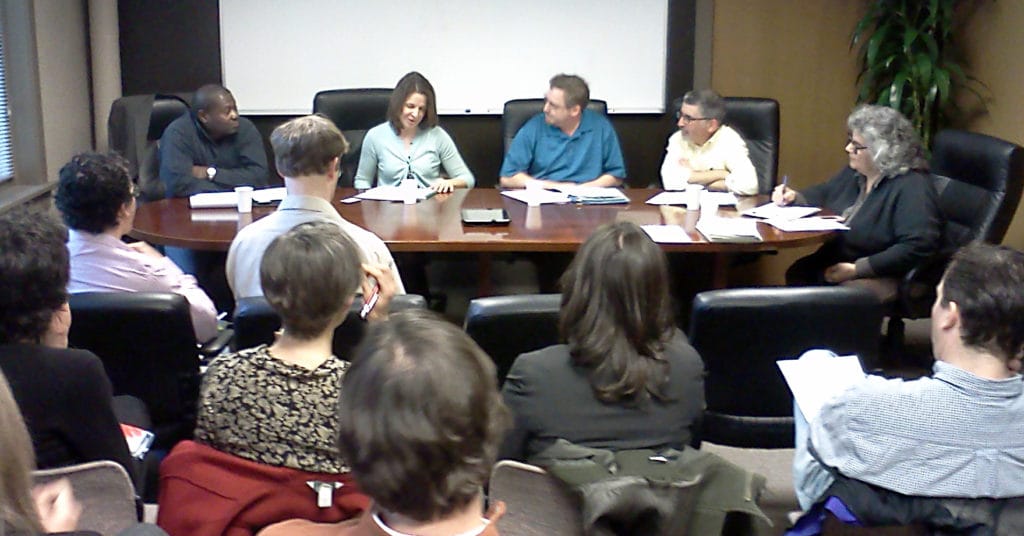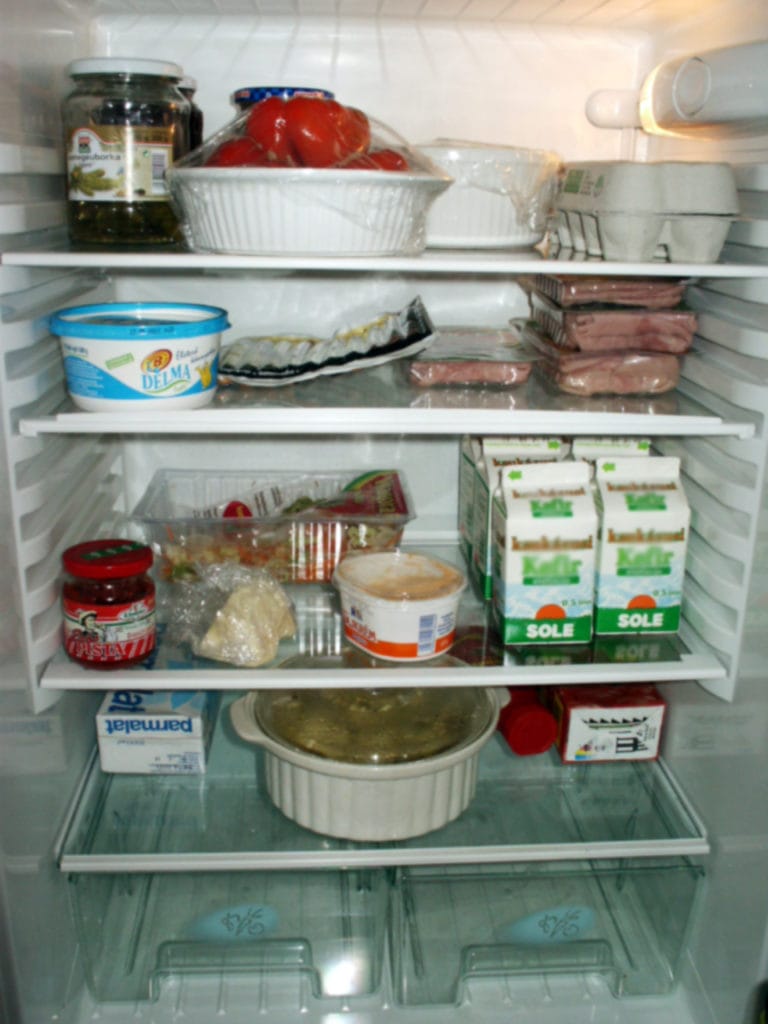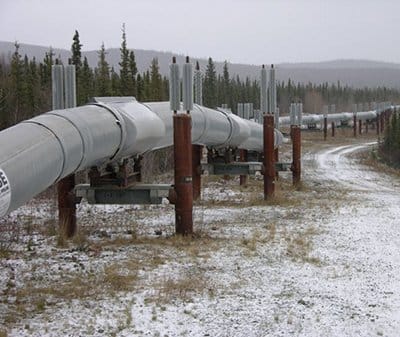Topics
Energy Efficiency Brownbag Lunch- A special presentation on residential energy efficiency
The Coalition convened a panel of experts to update us on their energy efficiency programs in the Puget Sound area. What’s working? What motivates people to be interested in energy efficiency? What are the barriers to investing in efficiency retrofits? How does alternative financing play a role? Hear from panelists on these and many other topics…
Appliance savings just get better and better
A new report issued by the Appliance Awareness Standards Project (ASAP)
shows how important efficiency standards are to a clean energy economy.
Existing efficiency standards from their inception through 2035 will net
consumers and businesses more than $1.1 trillion in savings cumulatively.
And by 2035, cumulative energy savings will reach an amount equal to about
two years of total U.S. energy consumption. New standards set to be
adopted in the next four years will produce even more savings. The report
also includes a state-by-state analysis.
Two recent videos highlight the economic benefits of energy efficiency investments
Coalition member Climate Solutions has released a series of videos that show how community based efforts to invest in energy efficiency in Spokane and Kitsap County, WA helped create local jobs and helped home owners and local governments save money even during a time of rising energy prices.
RNP releases new report: Renewable investments near $8 billion in Washington state
Washington’s renewable energy sector today announced a milestone in economic development for the state. Capital investment to date in Washington wind, solar, geothermal and biomass has exceeded $7.9 billion, according to data released today by Renewable Northwest Project, a regional nonprofit advocacy group and member of the Coalition…
The Impact reports on the Clean Energy Initiative debate
Coalition Policy Director Nancy Hirsh is featured in this video segment looking at the current roster of proposed changes to Washington’s Clean Energy Initiative. %CODE1%
From the Sacramento Bee: State has stake in Columbia salmon solution
The story of Pacific salmon has not recently been a happy one. Population declines in the West Coast’s big three rivers – the Sacramento-San Joaquin, Klamath and Columbia-Snake – have meant less fishing, lost jobs, scarce fish and higher prices for consumers. Without major changes to how we manage these waterways, the beating heart of our region’s salmon economy may cease.
Fortunately, there are some bright spots on the horizon. On a growing number of rivers, adversaries are opting to collaborate rather than litigate. People are starting to work together to restore rivers, recover salmon and rebuild jobs.
Read more here: www.sacbee.com
Fulfill Our Clean Energy Initiative
Washington’s Clean Energy Initiative (also know as I-937) was passed by voters in November 2006 and requires the state’s major electric utilities to gradually increase the amount of new renewable resources in their electricity supply to 15% by 2020.
Since 2006, The Clean Energy Initiative has generated about $7.5 billion in renewable energy investments in this state, especially in our struggling rural communities, and all-time-record efficiency savings for energy consumers. More investments, more savings and more jobs will come to us as long as we keep the pathway open…
Light Bulb rider bad for businesses and consumers
The Omnibus spending bill Congress is set to pass today contains a huge lump of coal for our stockings: a rider prohibiting the U.S. Department of Energy from enforcing the lighting efficiency standards. Those who couldn’t muster support for repealing the standards have used the threat of a government shutdown to undercut a law that will save money for consumers and utilities and significantly lower national greenhouse gas emissions…
Congress Calls on Obama to Convene Salmon Solutions Table
In a letter sent last week, 52 Members of Congress called on President Obama to convene a “solutions table” to help protect and restore endangered wild salmon and steelhead in the Columbia and Snake River basins of the Pacific Northwest.
With bipartisan support from lawmakers representing 23 states and territories, Congressmen Jim McDermott (D-WA), Tom Petri (R-WI), and Earl Blumenauer (D-OR) spearheaded the letter to bring together all parties with a stake in salmon restoration to create a broad-based, collaborative process that explores and identifies real salmon recovery solutions…
State Dept. Announces Reevaluation of Keystone XL Tar Sand Pipeline
The State Department announced today that it is reevaluating the environmental review of the Keystone XL tar sands pipeline project. The reevaluation will include consideration of rerouting the pipeline to avoid sensitive ecological areas in Nebraska. An alternative route would require a new environmental impact statement and would delay a final decision on the tar sands pipeline for as long as 18 months.





![Examining the glass Image of a worker looking at the glass of a solar panel. In the background you can see Wind Turbines. Two different technologies to produce energy in a responsible and sustainable way (ISO 100) . All my images have been processed in 16 Bits and transfer down to 8 before uploading. [url=http://www.istockphoto.com/file_search.php?action=file&lightboxID=7053550] [img]http://www.ll28.com/istock/solarpanel.jpg [/img][/url]](https://nwenergy.org/wp-content/uploads/2012/01/iStock_small.jpg)





